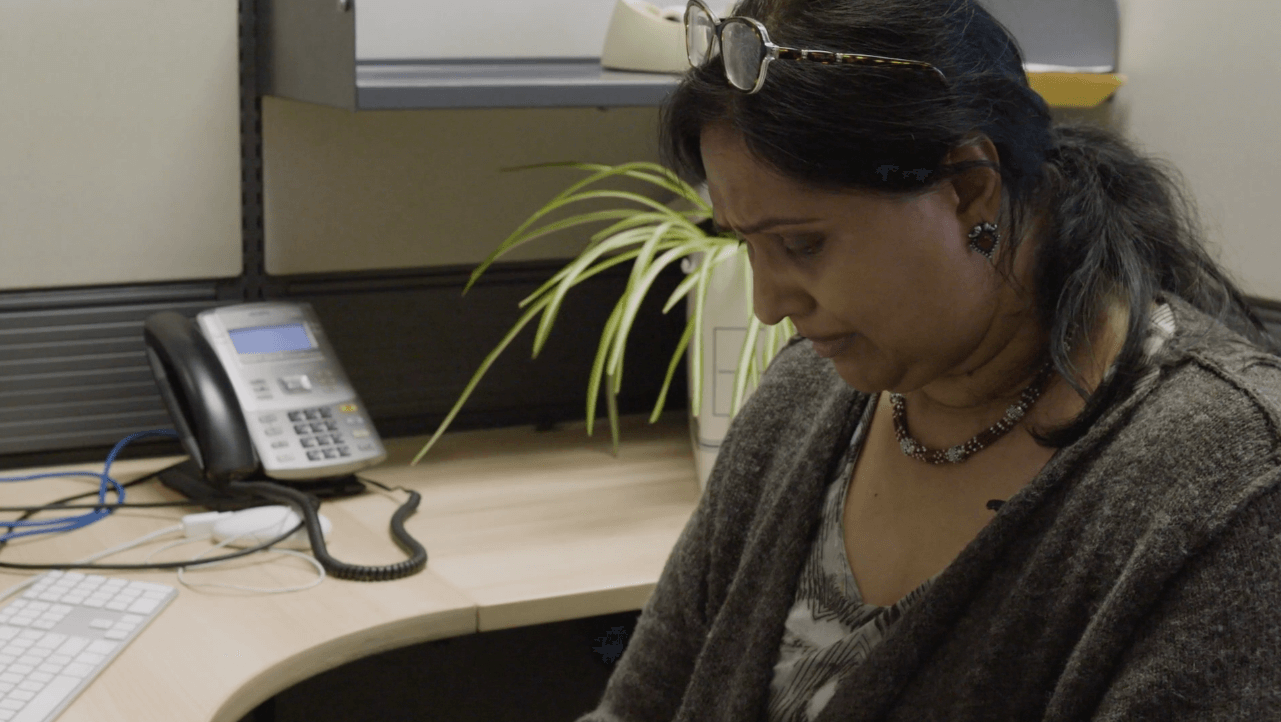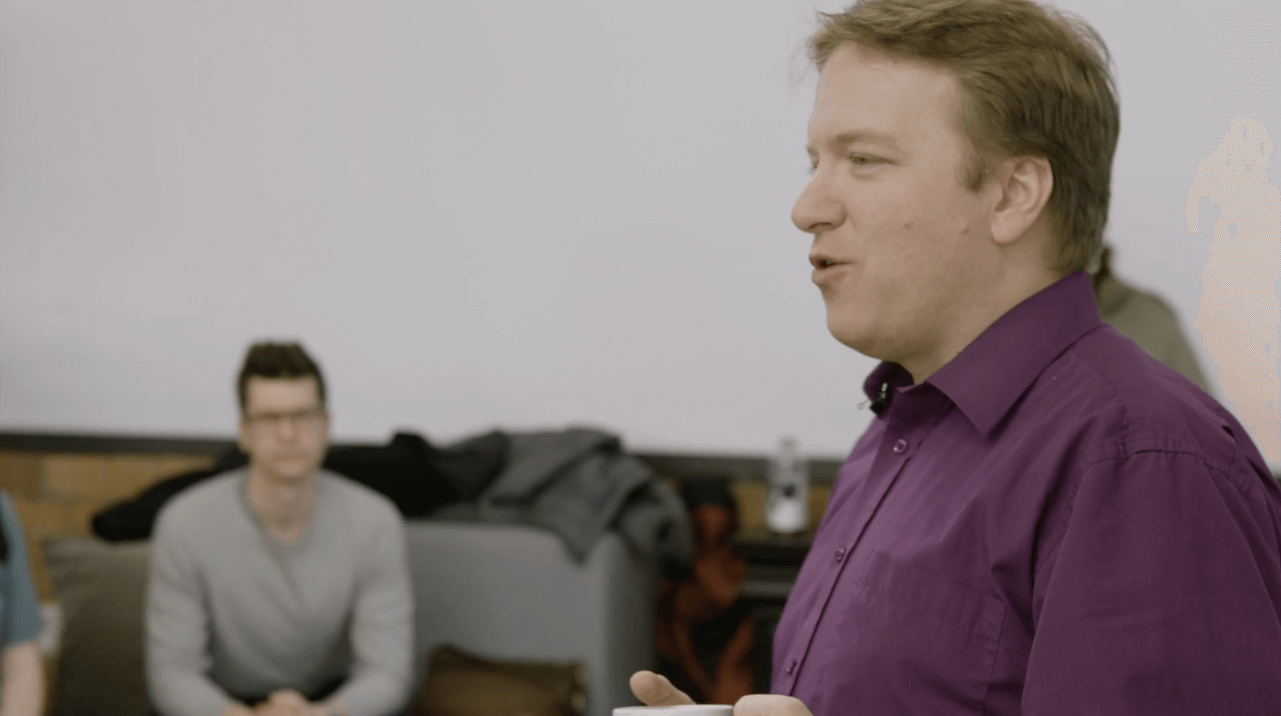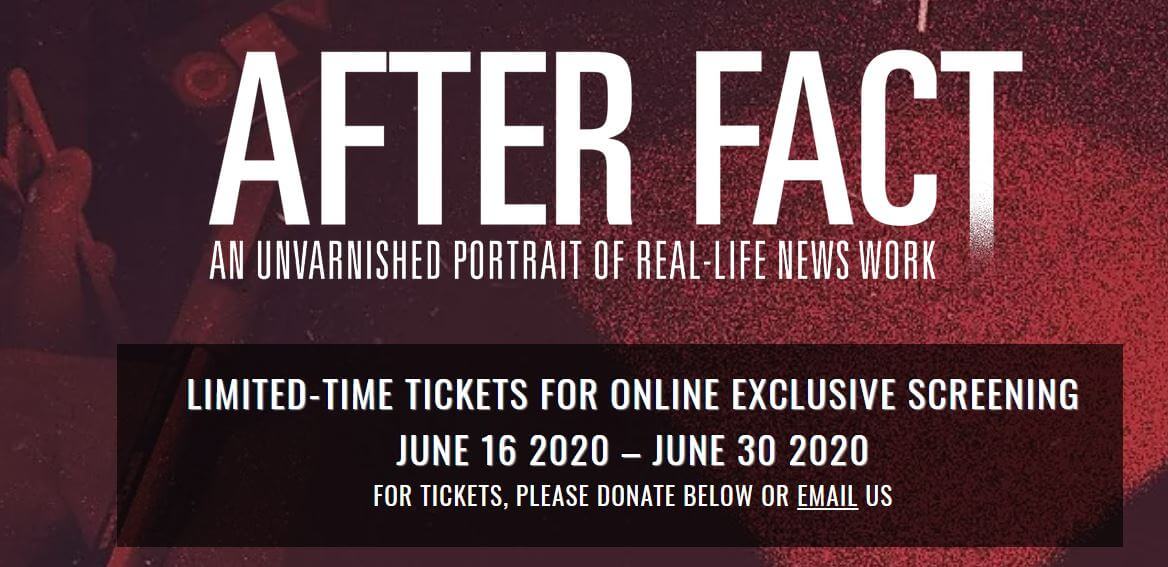This past April, Postmedia announced the closing of 15 different papers across Manitoba and southern Ontario – the latest of several cuts in the industry across the country. Similar scenes have played out around the western hemisphere.
After Fact is a film that zeroes in on this scenario, and what happens to public service/community news as a consequence. The film follows four journalists, ranging from community newspaper reporters to listener-funded podcasters to CBC journalists, as they report and deal with the rapidly-changing landscape. After Fact notes the specific community impacts of these reporters on stories such as those associated with housing issues, municipal elections and consumer safety standards.
New Canadian Media interviewed Lindsay Fitzgerald, the film’s director and producer, writer, and researcher about the changing landscape in the world of journalism.
NCM: What made you want to make this film?
LF: The idea for the film really came after interviewing 250 journalists (for a research project) and realizing (their) large sense of loyalty to the craft and devastation about what was happening in the industry. When there was a bit of development money from the CWJS (funded by SSHRC), I pitched the idea as a film to the lead investigator Ivor Shapiro. He shockingly said yes. I was keen to make a film in a cinema verite format – one that could really drop us into the lives of journalists in a way that’s genuine and perhaps stripped of the grandiose in other works of film. That’s how we went in choosing the journalists – looking for the ones who were genuine, dedicated and were doing work that was in the public interest.
NCM: How did you narrow the journalists documented to these four?
LF: After the study, as you can imagine, I knew quite a few journalists in Canada. We wanted as much diversity in a range of ways – while keeping to the idea that we did have to represent the industry. It really came down to how comfortable they were speaking about their work, and what stories they were following. I also wanted the gender representation to be what it was in the industry (which does indeed have more women now), and the racial representation to be what it is in the larger industry, which still has a large problem when it comes to diversity in the newsrooms.
NCM: What are your thoughts on the importance of journalism to community and local politics/coverage?
LF: I think they are indispensable. That’s something I really wanted to show in the film, and for people to take away from it as a whole: that without the work of reporters like Radhika, Jen and Joey – and Harvey – small communities really suffer with an information void. The film I think invites the audience to see what would be missing: to (for instance) imagine a community like Brampton without a health reporter.

NCM: In the changing landscape of journalism, is a role like that of Joey Coleman (Canada’s first crowd-funded journalist) the design of the future: crowd-funded journalism?
LF: A part of me wishes that were true; a part of me has spent enough time with Joey to know that it can’t possibly be true, and that there are extreme flaws with that model as well, especially if we had disclosed how much money Joey had made during start-up. I do revere him because of the sacrifices he has made to do this work. But, not every community has a *Joey* unfortunately. He also wishes that The Public Record (his show) would grow, and he could have a system of checks and balances for himself. He’s shared those things with me, but it’s an extremely hard thing to do. This film is partially crowdfunded; so for independent media, I do think crowdfunding can become part of the funding equation, but not the whole equation.

NCM: What happens to the public interest when crowdfunding caters to various niche groups e.g. InfoWars? Can truly public interest journalism like that of Harvery Cashore (CBC) exist in this context?
LF: I don’t think large institutions are the only ones who can do public interest reporting. And I don’t think Joey or some other independents are the kind who cater to niche groups per say. I know he has a diverse audience, mostly because his beat is city hall rather than a more niche beat. But I know that it is MUCH harder to do public interest reporting as an independent publication in general. Joey faces an extreme amount of barriers on a regular basis to accessing information because he’s an independent. He has been harassed multiple times, and many who would say he’s not a real journalist and discredit him. That wouldn’t happen to someone at CBC. There is definitely an importance to journalistic institutions having the power, clout and reputation that a single journalist might not have – especially when it comes to challenging power. I know that journalistic publications are becoming more collaborative, so I would hope that could continue, especially when it comes to challenging power on a local, independent level, and aiding the independents who may not have the resources or clout to really challenge people in positions of power. It’s important work.
The importance of local community news gets little attention as newspapers cut budgets around the country. Research sources such as the Local News Research Project show the impact of these papers to communities, as well as the impact of so much shut-down. After Fact is a great primer to this kind of data, and can be screened online here: https://www.afterfact.ca/.
Isaac K. Oommen is an educator, freelance journalist and writer from Vancouver. He is currently based out of Alleppey.


